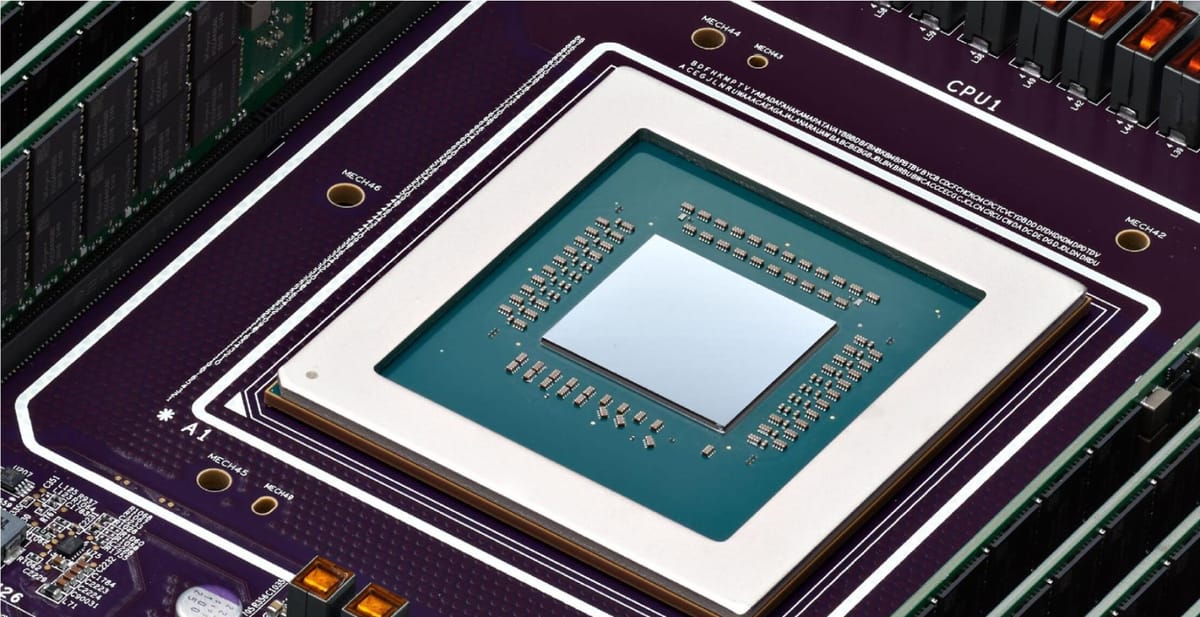
Google has announced Axion, its first custom Arm-based CPU designed for data centers. The unveiling, which took place at the company's Cloud Next conference in Las Vegas, marks Google's entry into the competitive arena of custom silicon, following similar efforts by rivals Amazon and Microsoft.
According to Google, Axion processors deliver up to 30% better performance than the fastest general-purpose Arm-based instances available in the cloud today, and up to 50% better performance and 60% better energy efficiency compared to current-generation x86-based instances. The company has already started deploying services like BigTable, Spanner, BigQuery, and the YouTube Ads platform on Arm-based servers, with plans to scale these services on Axion soon.

Built using the Arm Neoverse V2 CPU, Axion processors are underpinned by Titanium, a system of purpose-built custom silicon microcontrollers and tiered scale-out offloads. This innovative architecture allows Axion processors to dedicate more capacity to customer workloads, resulting in improved performance. Google Cloud customers can expect out-of-the-box application compatibility and interoperability, thanks to the company's contributions to the Arm ecosystem, including the SystemReady Virtual Environment (VE) standard.
Industry leaders have expressed excitement about the potential of Axion processors. "Google's announcement of the new Axion CPU marks a significant milestone in delivering custom silicon that is optimized for Google's infrastructure, and built on our high-performance Arm Neoverse V2 platform," said Rene Haas, CEO of Arm.
Google's investment in custom silicon is part of a broader trend among tech giants to reduce reliance on outside vendors and gain a competitive edge in the AI race. The company has been developing in-house chips for over a decade, starting with specialized AI chips called Tensor Processing Units (TPUs). The introduction of Axion CPUs and the latest generation of TPUs positions Google to better compete with rivals like Amazon and Microsoft, while also potentially challenging longtime partners such as Intel and Nvidia.
However, some questions remain unanswered, as Google has not provided extensive technical documentation or benchmarking details for Axion processors. The company has stated that more information will be available later this year when the chips become accessible to external customers.
Despite the lack of specific details, industry analysts believe that Google's investment in Axion could prove worthwhile if the claimed performance improvements are even partially realized. As the AI boom intensifies and the demand for computing resources continues to grow, Google's expanded in-house chip efforts could play a crucial role in the company's ability to remain competitive in the cloud computing market.

